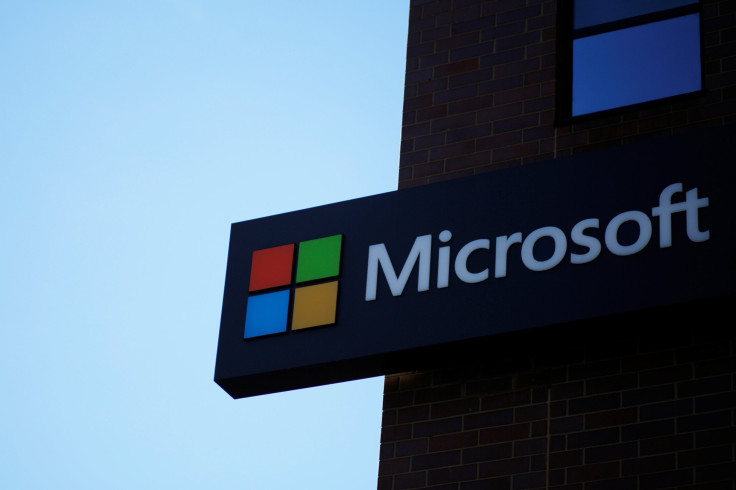Microsoft says WannaCry ransomware must be a wake-up call for governments

Microsoft has responded to the news that the "ransomware" virus dubbed as WannaCry locked up more than 200,000 computers around the world. The tools behind the cyber attack allegedly belonged to the US National Security Agency.
Brad Smith, Microsoft's Chief Legal Officer, said that the latest global cyber attack suggested that governments are taking a wrongheaded approach to the issue. He added that the current situation has to be a wake-up call for governments.
In a blog post, Smith argued that governments have opted to hoard software vulnerabilities for offensive purposes but did not inform technology companies about the vulnerabilities. Therefore, when the vulnerabilities got into the wrong hands, it is akin to the “US military having some of its Tomahawk missiles stolen” without the necessary defence to protect consumers.
Smith further wrote in the blog post that governments have to take a new approach and adhere in cyberspace to the same rules applied to weapons in the physical world. According to him, governments need to consider the damage that comes from hoarding these vulnerabilities. He also stressed that consumers also have a pivotal role and must not be complacent. He urged people not to ignore security updates.
Smith’s statement comes after businesses, hospitals and regular consumers have fallen victims to a huge ransomware attack as hackers exploit a vulnerability in Microsoft's operating system. Despite the situation, the Microsoft brand is likely to emerge without serious damage according to an expert at the tech industry.
Sean Pike, program VP in the security products group at IDC, a tech industry research provider, pointed out that everyone has been a bit numb to attacks because it is something they hear so much about now and Microsoft benefits from that. "When something happens, the finger gets pointed at the attacker, not at Microsoft,” Ad Age quoted Pike as saying. He added it was a helpful thing that the company had set up a patch capable of stopping the attack.
In March, Microsoft unveiled a patch to address the issue, but several users are yet to have their systems updated. The cyber attack has dominated headlines for a number of days, with hackers requiring payment to allow users back into an estimated 230,000 computer systems across the world.
Companies such as Nissan and FedEx admitted they were hit by the attack. In Australia, Cyber Security Minister Dan Tehan warned that there will always be threats of cyber attacks despite measures to intensify the country’s cyber security.
Read more: Cyber attack 2017: Aussies urged to update anti-virus software
Gov't reveals cyber attack in Australian businesses is rising
Channels Television/YouTube





















